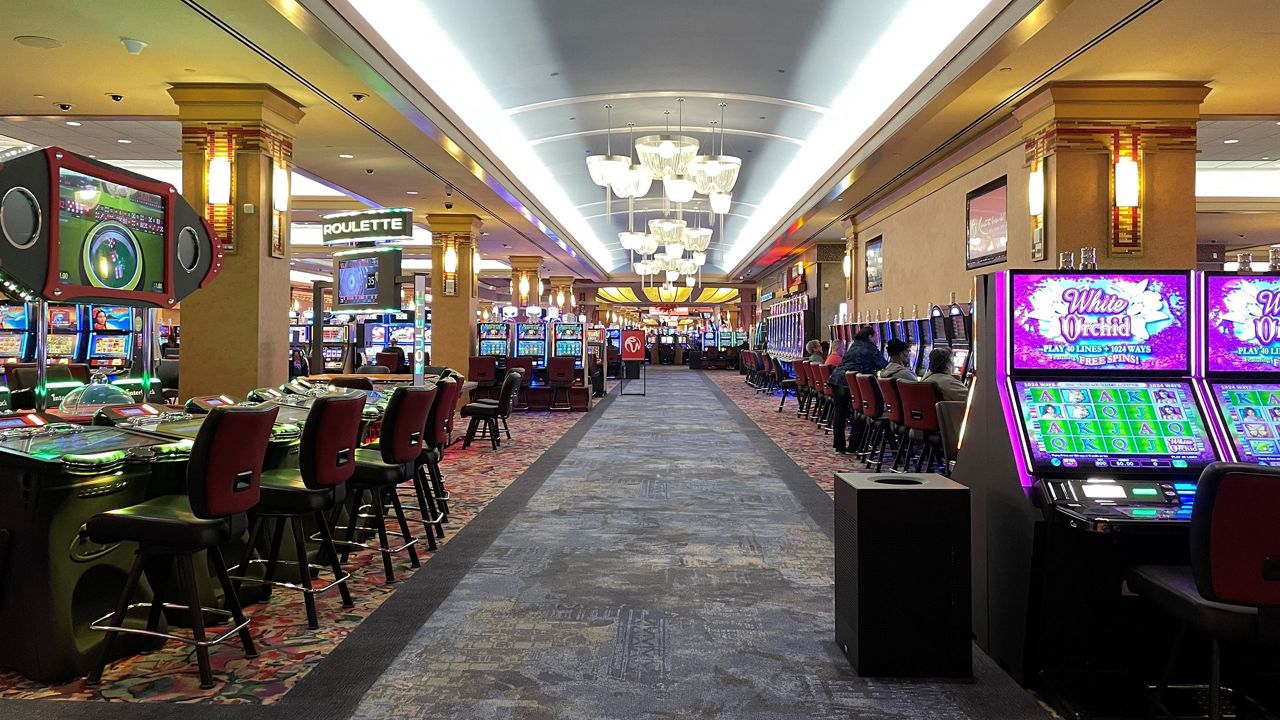Gambling Games and Their Influence in Popular Culture
Casino games have long captured the imagination of people around the world, becoming an important part of both fun and tradition. From the shimmering lights of the Vegas Strip to the immersive experience of internet gambling, these games evoke enthusiasm, risk, and sometimes even a sense of nostalgia. They are not just just hobbies; they have woven themselves into the tapestry of human experience, influencing various aspects from cinema and melodies to fashion and literature.
The appeal of casino games surpasses the wagering aspect, tapping into larger themes of serendipity, risk, and psychology. As players gather around a gaming table or rotate the roulette wheel, they engage in an ancient ritual that resonates with our shared desire for adventure and instability. This captivation has led to the growth of many references in films, music, and electronic games, showcasing how deeply entrenched these pastimes are in popular culture. Whether it is the intense drama of a classic caper or the vibrant nightlife portrayed in music videos, casino games have created a substantial place that reflects our bond with reward.
Social Impact of Gambling Activities
Casino games have played a crucial role in social aspects throughout history. Originating from old societies, games of chance were often linked to ceremonies or events. For instance, early iterations of gambling can be linked back to historic China and the Roman Empire, where dice games and wagering on results were popular pastimes. These activities not only functioned as leisure but also as methods of connecting people, facilitating relationships among individuals within societies.
As societies evolved, so did the sophistication and organization of gambling games. The creation of official casinos in the 17th century, particularly in the Italian region, marked a significant shift in how games were viewed and organized. With specific spaces for gaming, the casino became a social hub where people from various backgrounds gathered. This evolution contributed to the legitimization of gambling, transforming it from a mere pastime into an established industry that shaped the economy and regulations.
The effect of casino games on mainstream culture cannot be overlooked. As they were brought into the limelight in literature and film, games such as poker and 21 became icons of chance, luck, and strategy. Iconic characters and stories have developed around these games, illustrating societal attitudes towards fortune, prosperity, and immorality. This fascination with gambling activities has permeated various forms of entertainment, cementing their place in the collective consciousness and linking them to broader cultural stories throughout history.
Portrayal of Gambling Activities in Entertainment
Casino games have long been a popular subject in various forms of media, reflecting both the fascination and complexities of gambling culture. Movies such as Ocean's Eleven and Casino Royal portray characters who navigate high-stakes environments, showcasing not only the attractiveness of the casino atmosphere but also the methods and decisions that come with playing popular games like poker and blackjack. These movies often dramatize the thrill of winning and the potential consequences of losing, encapsulating the dangers involved in betting.
Television shows have also explored the world of gambling activities, often integrating them into the storyline as a setting for character arcs and conflict. Series like Vegas depict the lives of gambling employees and patrons, highlighting the dynamic, often tumultuous energy of the gaming floor. Docuseries featuring high-stakes betting contests further emphasize the attraction of casino games, drawing viewers into the drama and planning involved in each session. Through these depictions, media not only engages but also prompts conversations about fortune, skill, and the nature of chance.
Digital games have increasingly included casino games into their design, allowing players to experience the thrill of betting without financial exposure. Titles within the landscape of digital gaming often include virtual slots, poker, and other casino favorites, creating an immersive gameplay that mirrors actual casino experiences. These virtual portrayals make casino games accessible to a worldwide viewer base, appealing to both players who indulge and those who enjoy the rush of simulation. As a consequence, the portrayal of gambling activities in media continues to shape societal views and cultural relevance, highlighting their place in entertainment and social context.
Impact of Casino Games on Communities
Gambling activities have a meaningful effect on society, influencing multiple facets of culture and social behavior. They often serve as a platform for social interaction, where people gather to experience a shared experience. Casino trips with friends or visits to casinos become social activities that foster connections and create shared moments. This communal aspect enhances the entertainment value of casino games, making them a popular choice for celebrations and leisure activities. casino francais en ligne
Additionally, gambling activities have been portrayed in countless films, TV series, and written works, shaping perceptions and attitudes towards gambling and gaming. Icons like James Bond playing baccarat or the intense poker scenes in films have embedded these games in the shared imagination. This representation often glamorizes the lifestyle associated with casino activities, drawing in new players and influencing trends in both style and behavior. These portrayals can spark curiosity and lead to a deeper exploration of the nuances of gaming.
However, there are also negative implications associated with the widespread appeal of casino games. The allure of quick monetary gain can lead to gambling addiction and economic troubles for some people. Society must grapple with these issues, promoting responsible gambling and education of the risks involved. Balancing the entertainment value of casino games with the potential for harm is vital to ensure that they continue to be a beneficial aspect of our societal fabric.

